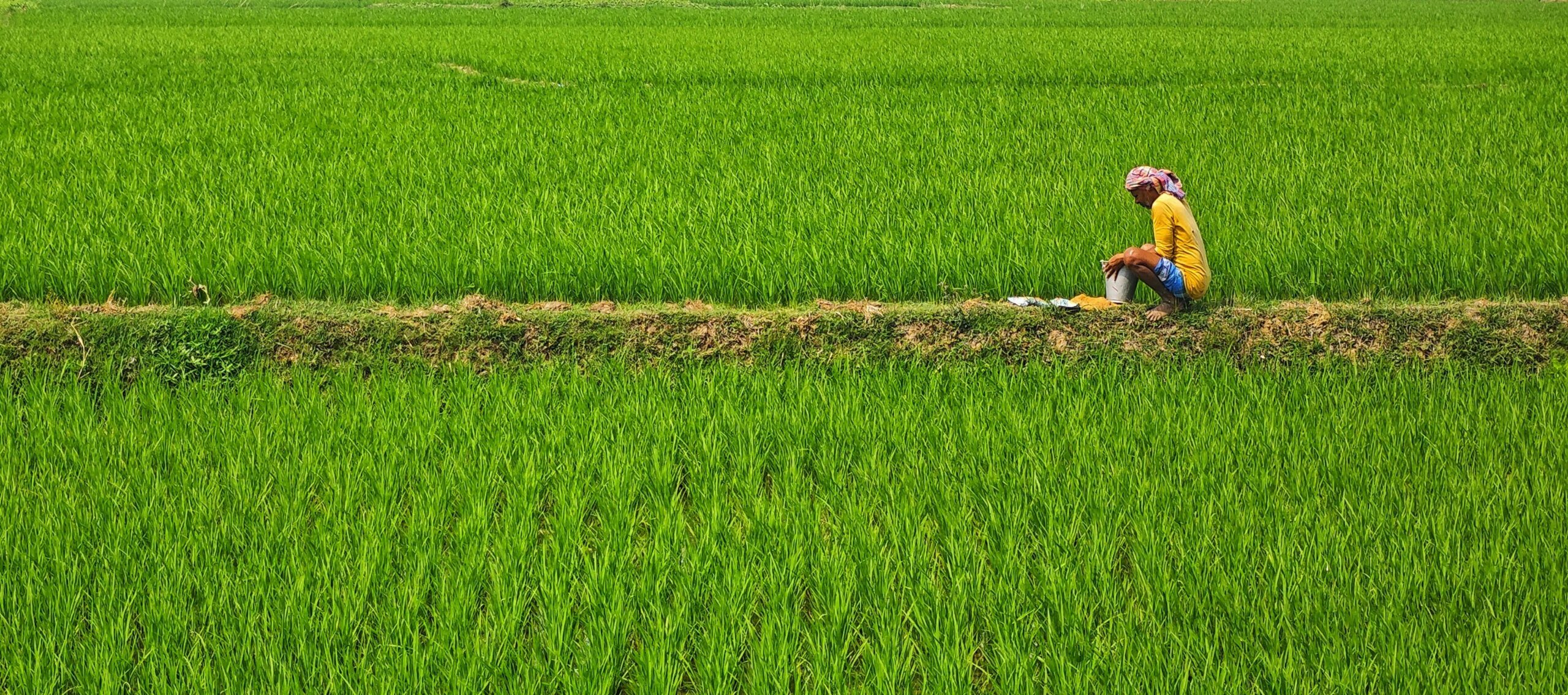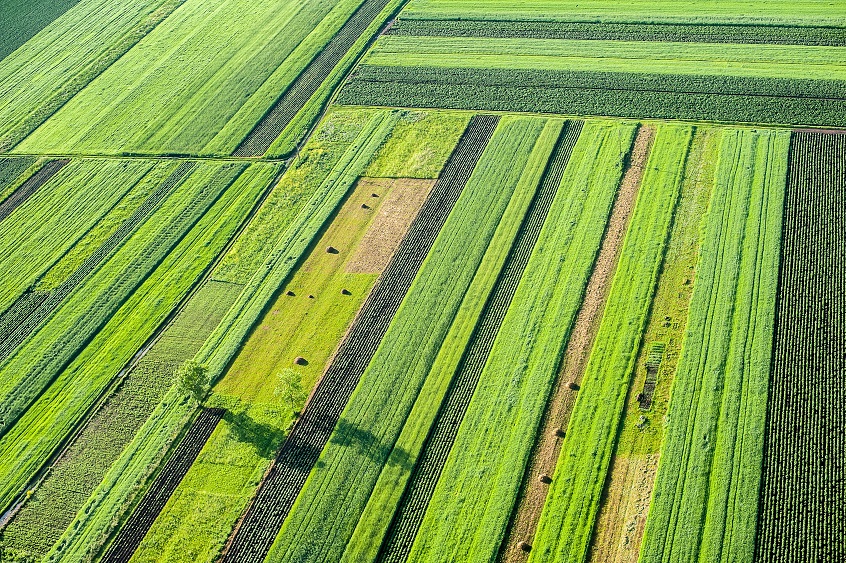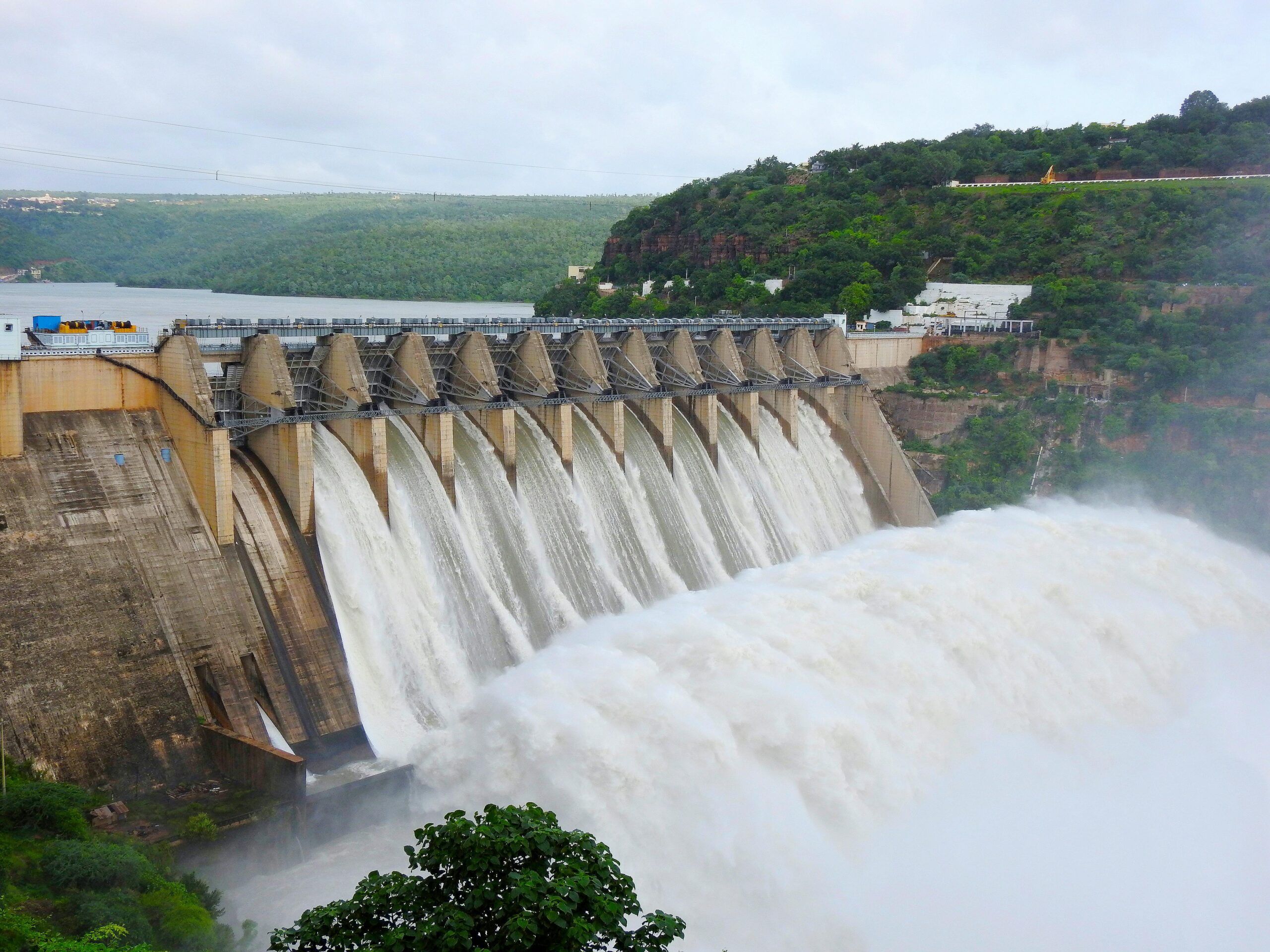Evaluation of World Bank irrigation investments in West Bengal, India
Alluvium, in partnership with IWMI and AWP, developed a Monitoring and Evaluation framework to assess the water, economic, and livelihood impacts of West Bengal’s small-scale irrigation schemes—informing future investments with evidence of improved incomes, reduced migration, and community empowerment.

The unpredictable climate and erratic rainfall in West Bengal have led to severe crop failures and loss of livelihoods, particularly in the dry-subhumid regions that rely on monsoon rains.
In response to this, the West Bengal Accelerated Development of Minor Irrigation Project (WBADMIP) was launched in 2012, initially funded by the World Bank and later by the state government. The project introduced small-scale irrigation schemes—including check dams, pump-dug wells, lift irrigation, and solar irrigation—across the Kangsabati, Roopnarayan, and Damodar river basins. These initiatives have enabled farmers to cultivate high-value crops year-round, boosting food production, incomes, and local economies.
To evaluate the hydrologic, socio-economic, and livelihood impacts of these investments, the Australian Water Partnership (AWP) funded a study in collaboration with Alluvium and IWMI. A Monitoring and Evaluation framework was developed, using remote sensing, hydro-meteorological data, and socio-economic surveys to assess water availability, efficiency, and economic benefits.
Early results show increased farmer income, reduced migration, and greater community empowerment, particularly for women. A rapid cost-benefit analysis (CBA) model is also in development to guide future irrigation investments.


